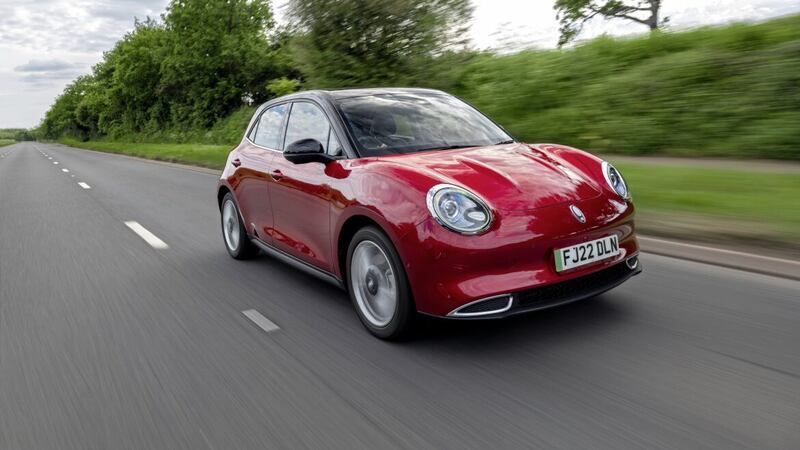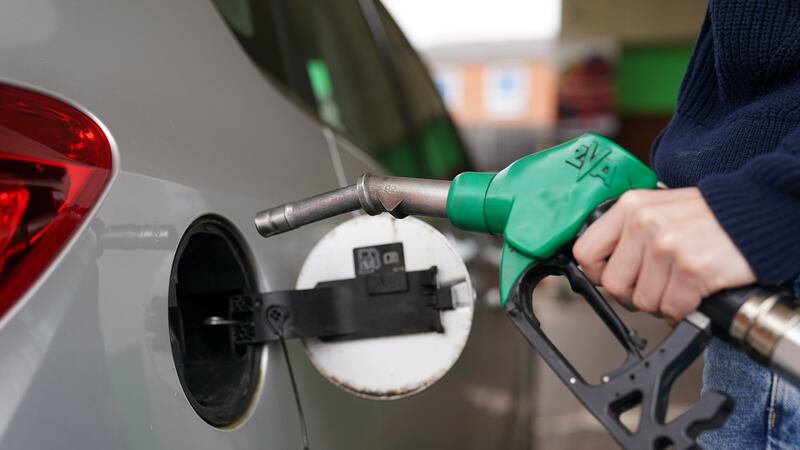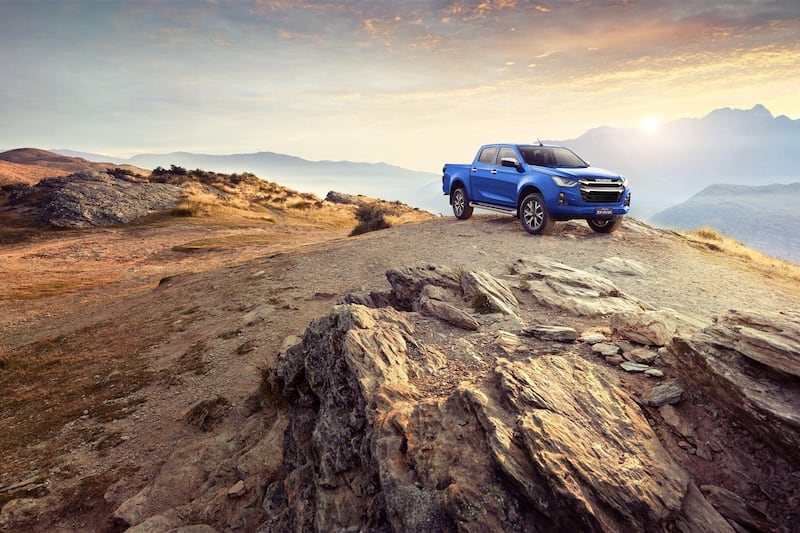THE new car registration figures for the first month of 2023 made mostly positive reading for the motor industry, writes William Scholes.
If you're a glass half-full kind of punter, then the market appears to be heading back to where it was pre-Covid, or around four British prime ministers ago, to use another measure of time.
The coronavirus pandemic paralysed the business: lockdown largely meant that manufacturers couldn't build cars and, even if we wanted to, we mostly weren't allowed out to drive, let alone be bothered about buying a set of new wheels.
And when the production lines were allowed to reopen, there were chip shortages to contend with. Since then soaring commodity prices, supply chains stretched to breaking point and beyond, and Russia's invasion of Ukraine have placed enormous pressures on car-makers. Prices have risen and supply has tightened. Credit, a favoured method of financing car purchases, has got more expensive.
To go back to early 2020, it's also worth noting that the Covid asteroid hit Planet Car as the legacy manufacturers were at crucial stages of their electrification plans. The race to electric is an existential one even for the biggest, longest established marques in motoring.
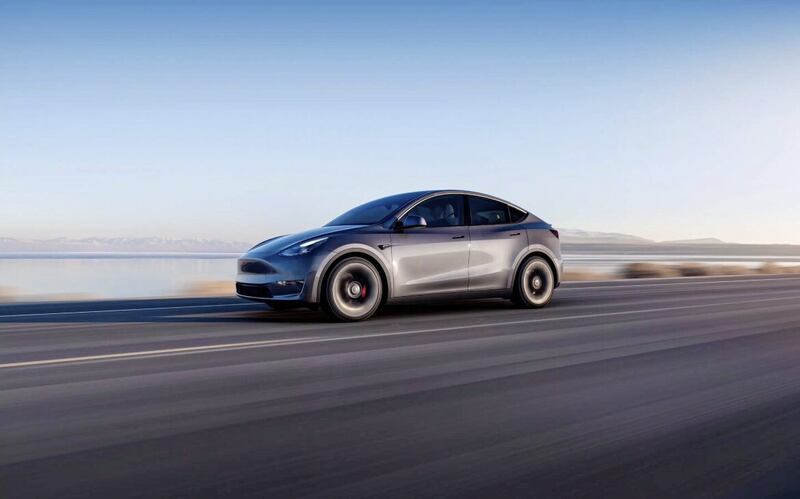
Tesla is the most conspicuous disruptor of the old order. In many respects, its Model Y is as fine an electric car as money can buy right now, even if it takes rather a lot of money to buy one in the first place.
Even so, this £45k-plus family SUV with curiously lumpy aesthetics was comfortably the best-selling EV in the UK last year, and the third most registered new car overall, behind the Nissan Qashqai and Vauxhall Corsa and ahead of the Ford Puma.
It is remarkable that what is essentially a new brand to most of the public has been able to make such a strong impression on car-buyers quite so quickly, even with Elon Musk's well publicised antics.
Disruption to the traditional brands - badges like Volkswagen, Ford, Vauxhall - is coming from China, too. MG might be a storied and oh-so-British nameplate but because the British also managed to make such a hames of running it over the years - even BMW couldn’t make it work - it was left to the Chinese to have a go.
The most popular car in the UK market so far this year is the MG HS family SUV, with a smaller model, the ZS, also in the January 2023 top 10. The company's new MG4 family hatchback is something of a breakthrough electric car - sensibly priced, from £27k-£32,500, and with strong range (up to 280 miles in 'ideal conditions') and efficiency, it's very highly rated.
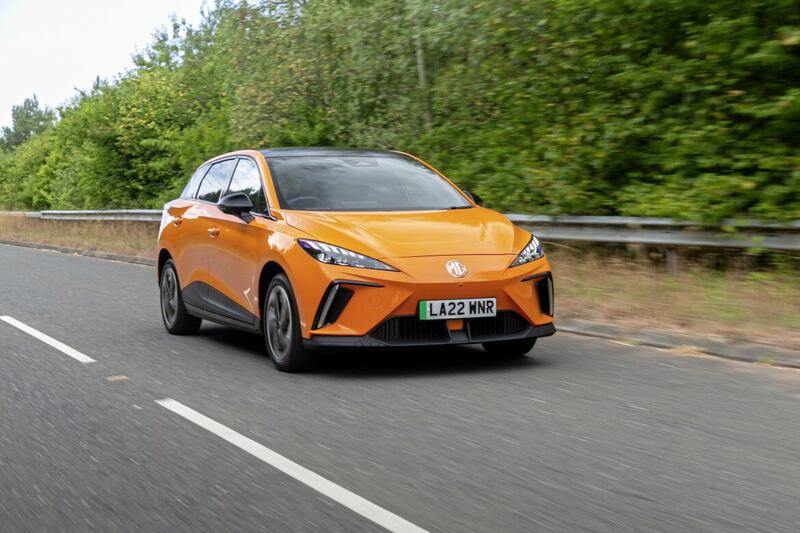
Another all-new EV brand hoping to 'do a Tesla' is sounds-like-a-bad-hand-of-Scrabble GWM ORA. This Chinese company is pouncing into the market with the improbably-named Funky Cat, with Charles Hurst in Belfast purring with delight after getting the nod to sell the car in Northern Ireland.
Although longer established than either Tesla or the latest iteration of MG, Kia and Hyundai also deserve mention as 'disruptors'. Cars such as the Sportage and Tuscon have already proved highly popular, especially in Northern Ireland, but the Korean associates have also stolen a lead on VW, Ford et al with their electric offerings. Where Hyundai has the look-at-me Ioniq 5 and Kia the stunning EV6 leading its electric charge, VW has the dumpy ID3 and ID4. No competition...
It is clear that electric vehicles are here to stay, not least because petrol and diesel cars are being legislated against, and we can expect them to make further in-roads throughout 2023.
There will be bumps along the way, however. In January, according to trade body the Society of Motor Manufacturers and Traders, battery electric cars accounted for 13.1 per cent of new registrations, compared to the 16.6 per cent share they recorded across 2022 as a whole. Plug-in hybrids represented 6.9 per cent of the market and 'self-charging' hybrids 14.4 per cent (up 41 per cent).
Ian Plummer, Auto Trader's commercial director, provided some context on the EV dip.
"December’s record performance – when one in three new cars sold in the UK was electric – was artificially inflated due to Tesla’s huge quarterly vehicle delivery and the impact of annual manufacturer emissions targets rather than reflecting genuine consumer appetite at that level," he said.
"On our marketplace, demand for new EVs is at a three-year low. In the summer of last year, EVs accounted for nearly 30 per cent of all new car enquiries being sent to retailers."
By November, it had fallen to fewer than one in five, said Plummer, "and today its fewer than one in 10 as energy prices have risen and some negative commentary have dampened demand".
Some of that "negative commentary" concerns the difficulties associated with charging EVs. As the distance electric cars can travel on a full charge and the efficiency of their batteries improves, the spectre of 'range anxiety' is beginning to be overtaken by 'charger anxiety'.
As the SMMT points out, "the rollout of infrastructure needed to charge them is failing to keep pace".
It suggests that, "mandating rollout targets for infrastructure and regulating service standards would give drivers certainty they can always find a working, available charger".
"Infrastructure must be built ahead of demand else poor provision risks delaying the electric transition," it argues.
Needless to say, Northern Ireland does not have an abundance of public charge points...
Still, the UK new car market grew by 14.7 per cent overall last month compared to January 2022. Reports of the petrol engine's demise are premature; it remains dominant, with 44.7 per cent of the market being petrol-only. Diesel's fortunes have plummeted. Just a few years ago it was neck-and-neck with unleaded; today, a mere 4 per cent of new cars fill up at the black pump.
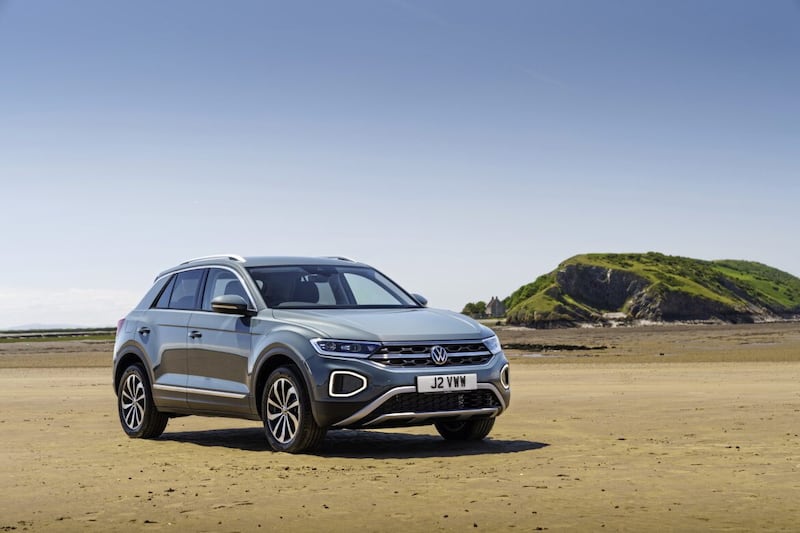
NORTHERN IRELAND'S FAVOURITE NEW CARS
1. Volkswagen T-Roc
2. Hyundai Tucson
3. Ford Fiesta
4. MG HS
5. Nissan Juke
6. Toyota Corolla
7. Toyota C-HR
8. Kia Sportage
9. Volkswagen Tiguan
10. Hyundai Kona
Source: SMMT, figures for January 2023
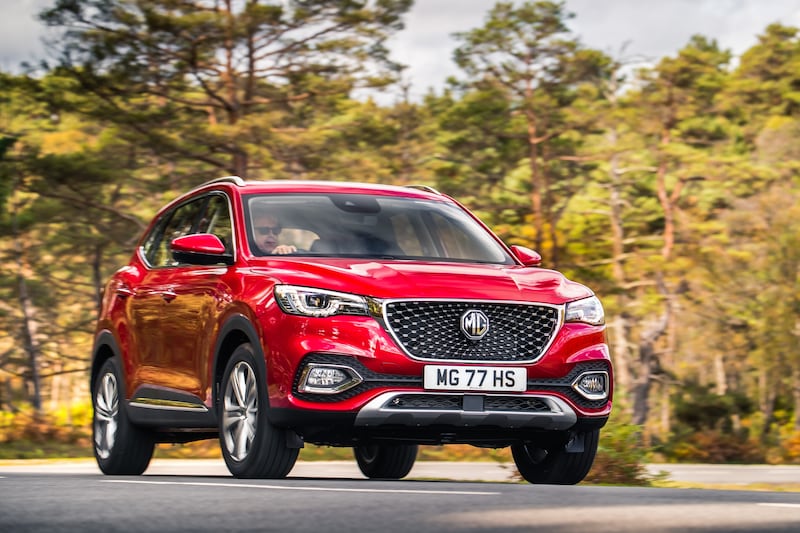
UK TOP 10
1. MG HS
2. Volkswagen T-Roc
3. Nissan Qashqai
4. Kia Niro
5. Vauxhall Corsa
6. Kia Sportage
7. Ford Puma
8. MG ZS
9. Hyundai Tucson
10. Ford Fiesta
Source: SMMT, figures for January 2023
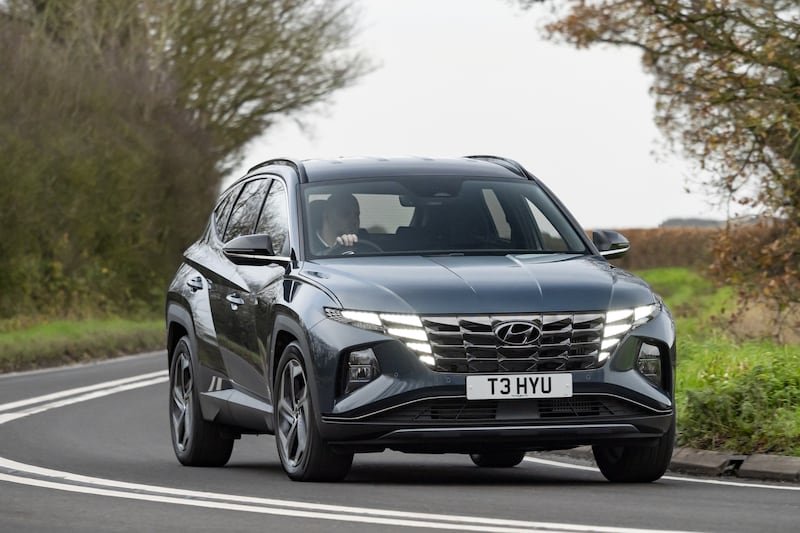
THE REPUBLIC'S FAVOURITE NEW CARS
1. Hyundai Tucson
2. Toyota Yaris Cross
3. Toyota Yaris
4. Toyota C-HR
5. Toyota Corolla
6. Dacia Sandero
7. Kia Sportage
8. Hyundai Kona
9. Volkswagen T-Roc
10. Hyundai Ioniq 5
Source: Society of the Irish Motor Industry, figures for January 2023
